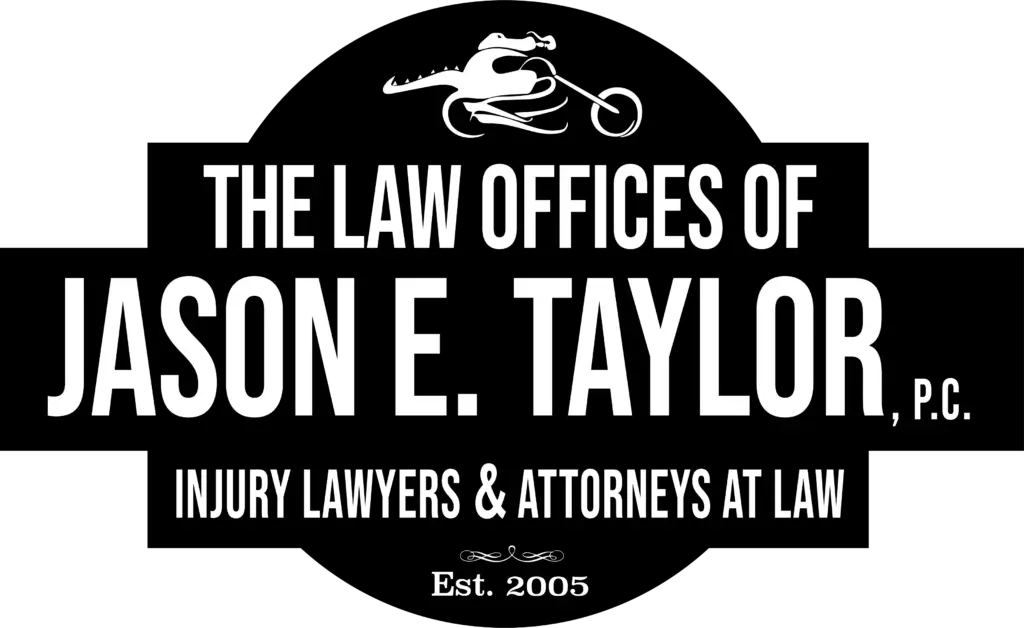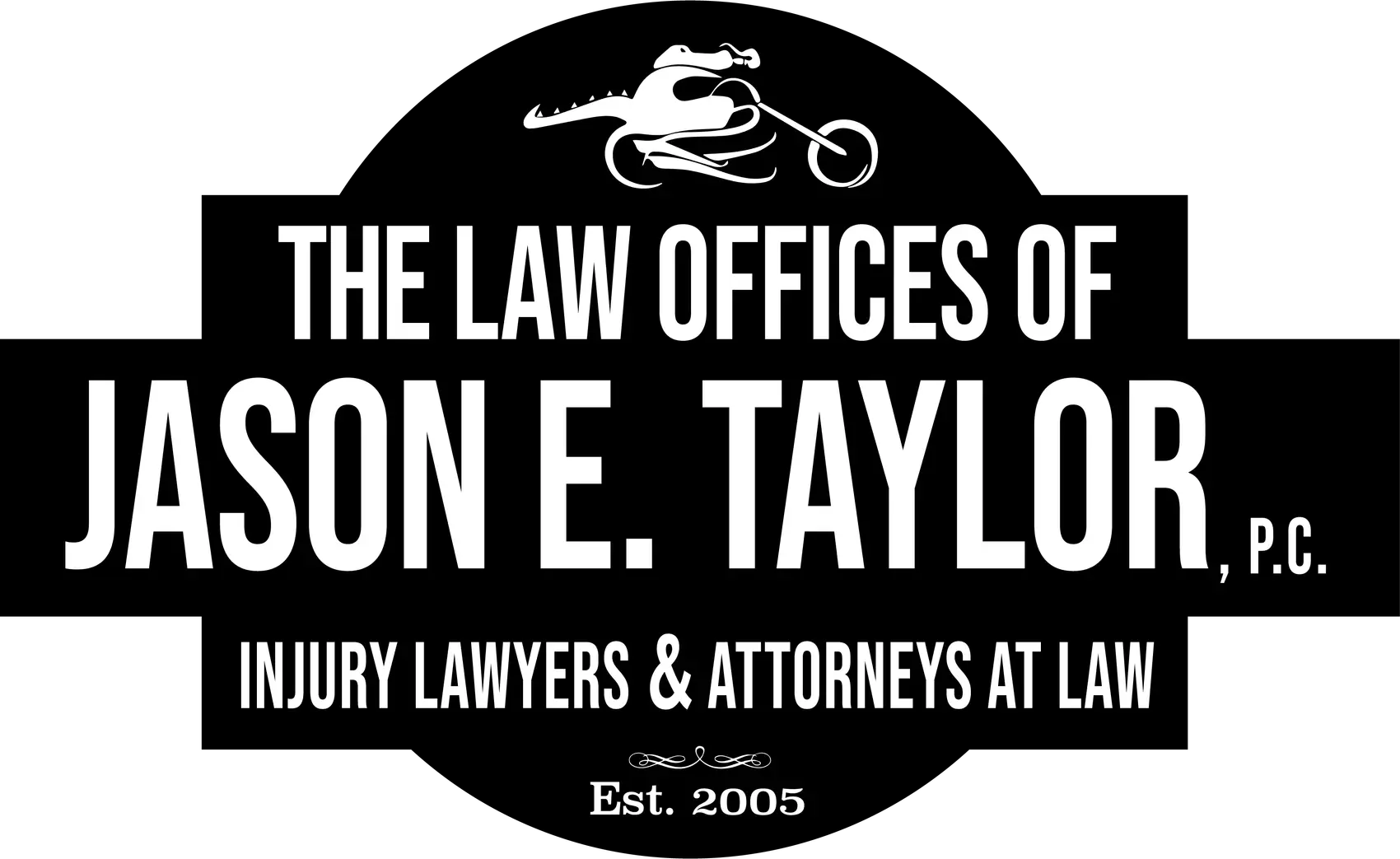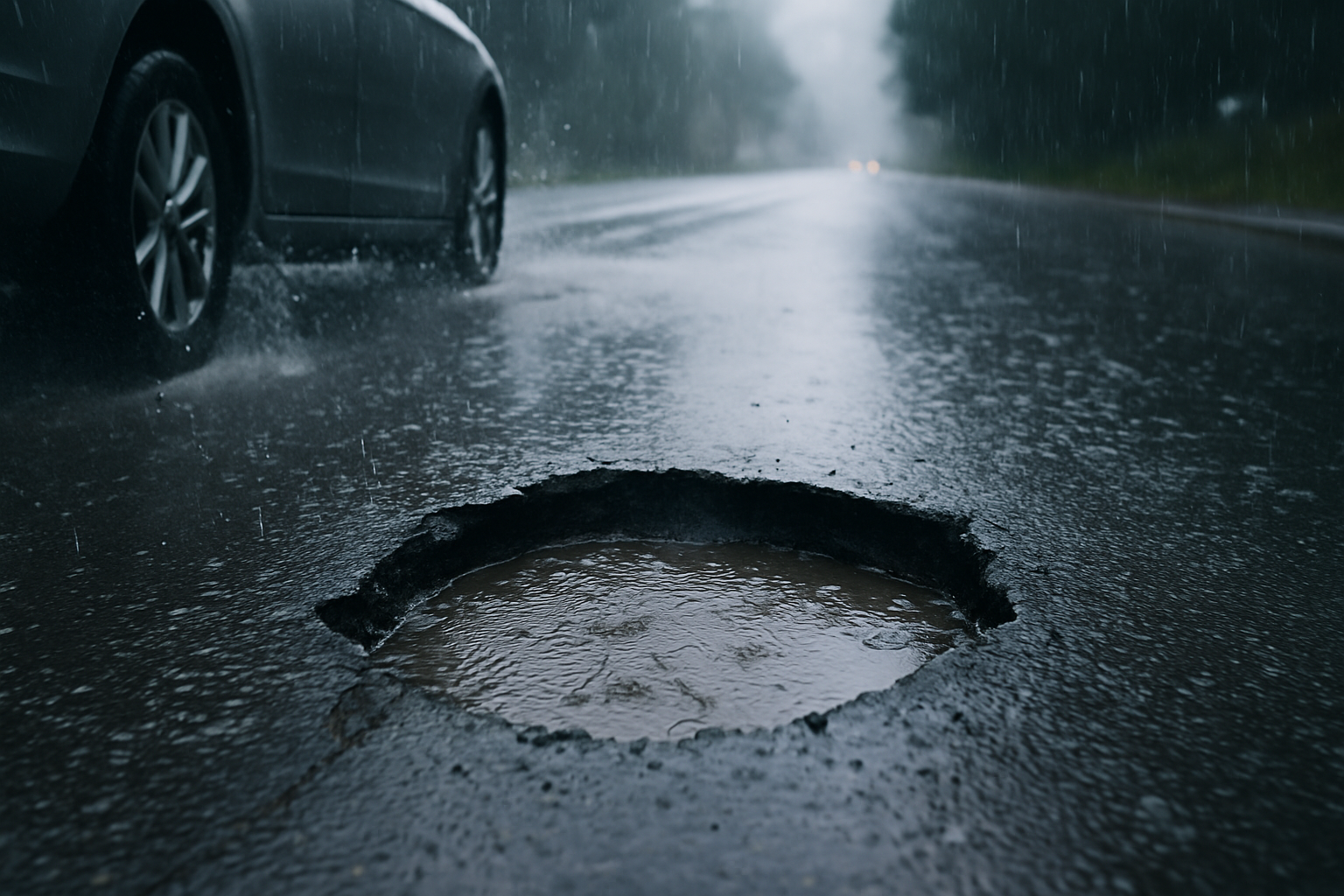The world of work in the United States, indeed the world, has been rocked by the emergence of COVID-19. Businesses shut down; employees let go, working reduced hours, or working remotely. For those working like before the COVID-19 pandemic comes the added specter of contracting the Coronavirus from exposure at work.
Workers in the health care field – especially the medics, emergency room doctors, nurses, CNAs, cleaning staff, and others – face a high risk of contracting the very same illness that shut down entire countries and industries. Frontline healthcare workers have become seriously ill, and tragically some have died.
And workers in other fields continue working in obscurity as before, despite the significant risk to their health. Workers who satisfy Americans’ increased demand for online shopping are hard at work pulling, packaging, shipping, and delivering and are busier than ever. Indeed, employment in the distribution and logistics sector is growing instead of in other areas of the economy.
This invisible army of workers cannot work from home, nor in many cases avoid contact with the public at large or take the protective measures many other Americans are afforded, thus exposing them to greater risk of contracting the Coronavirus. And numerous workers in other fields are placing themselves at greater risk of contracting the Coronavirus to ensure their fellow citizens can maintain as everyday existence as possible in these uncertain times.
Indeed, the preconceived idea of what constitutes an “essential” worker has been turned on its head in some cases. This leads to the realization that the package deliverer, hospital cleaners, or food delivery drivers might be more vital to the economy than many higher-paying positions of respect and recognition.
While this is all well and good, what protections exist for these essential workers, many of whom make low wages and lack health insurance or other protections enjoyed by higher-paid workers? If they contract the Coronavirus because of their work, how will they pay for medical treatment, which in some cases can involve hospitalization and expensive procedures? Who will pay for their lost wages?
It is natural to turn to workers’ compensation as the potential answer, as it is a system specifically created to protect workers who are hurt at work. But who is eligible for benefits under workers’ compensation laws and how courts interpret eligibility may prove complicated.
In North Carolina, to receive benefits under the North Carolina Workers’ Compensation Act, a worker who contracted the Coronavirus will have shown that their illness resulted from an “injury by accident” in the course and scope of their employment.
Aside from healthcare workers, it is hard to imagine many workers who contract the Coronavirus due to an accident. So, for most workers, the only alternative to obtain workers’ compensation benefits is to prove that they have suffered a compensable “occupational disease” covered by the North Carolina Workers’ Compensation Act. Note that merely producing evidence that you contracted a disease like the Coronavirus due to your job is not enough. To be compensable under the North Carolina Workers’ Compensation Act, an employee must show that they contracted a disease due to their work. They must also show that the condition is included in a list of certain diseases (i.e., asbestosis, black lung, lead poisoning, among others) or that their employment placed them at a greater risk of contracting the illness than the public at large.
The Coronavirus is not a listed condition in the Act, so workers will have to prove that their job places them at increased risk and contracted the Coronavirus due to their job.
It certainly seems obvious to most that healthcare workers such as an emergency room doctor are at greater risk of contracting the Coronavirus from her job. She is exposed constantly to infected patients and their bodily fluids. She dons protective gear but still risks contracting the disease, perhaps a more potent strain than most would encounter since her patients are those with severe and potentially life-threatening symptoms.
Applying North Carolina law, it would seem clear that such frontline health care workers face an increased risk of contracting the Coronavirus, as opposed to the general public due to their job. But what about the many other workers now at significant risk of getting sick and incurring medical bills and lost wages? Is a worker in an Amazon distribution center at greater risk? What about a pizza delivery driver? It is not hard to see employers arguing that such workers are at no greater risk under their job, given the highly contagious nature of COVID-19.
Some insurance companies may argue that those going to the grocery store or for a necessary appointment are at equal risk.
Agencies such as the North Carolina Industrial Commission will have to determine what employments put a worker at increased risk of contracting the Coronavirus.
Only time will tell as cases are litigated, and every state, as well as the federal government, has its own system, so what is compensable under each system will undoubtedly vary. Thus it is conceivable that a distribution center in one state may have a compensable claim and receive benefits, which a person working the same job in a different state will not.
And except for situations where a worker dies or is hospitalized or missed significant time from work due to the Coronavirus, many cases will not be litigated because litigation would be prohibitively expensive in light of the potential benefits to be awarded. While $1,000 due to bills and lost wages is a significant sum, being forced to obtain expert testimony to prove causation and increased risk to win a case (after many months fighting over the claim) is a disincentive to pursue a claim. So many workers will have to “eat” their losses, some because their employer might intentionally bully them by denying even a valid claim knowing it will place undue hardship on the worker to pursue the claim.
Worse still, many state legislatures are moving to pass legislation to exempt companies from liability from spreading the Coronavirus through negligent behavior, as well as in some cases, offering employers protection from liability under workers’ compensation laws. So in some states, the very laws created long ago to protect workers placed at greater risk of contracting a disease such as the Coronavirus due to their jobs are being pushed aside by politicians eager to appease corporations. To date, North Carolina has not passed a law exempting workers from pursuing workers’ compensation claims stemming from falling ill with the Coronavirus. However, all North Carolina workers should keep a watchful eye on their legislators.
Workers who have put themselves at greater risk of contracting the Coronavirus should not only be applauded for their efforts but also given full access to the protections afforded by workers’ compensation laws. Hopefully, most workers infected with Coronavirus will never need to seek help under the North Carolina Workers Compensation Act or another state’s workers’ compensation system. But for those who do, those systems should be available to make sure all workers who should receive benefits due to contracting the Coronavirus will not have their access barred by corporate lobbyists or unreasonable defenses raised simply to make it difficult.
Time will tell how North Carolina and other states choose to care for their essential workers who are doing their best to make life as “normal” as it can be in these uncertain times. Contact us today.





